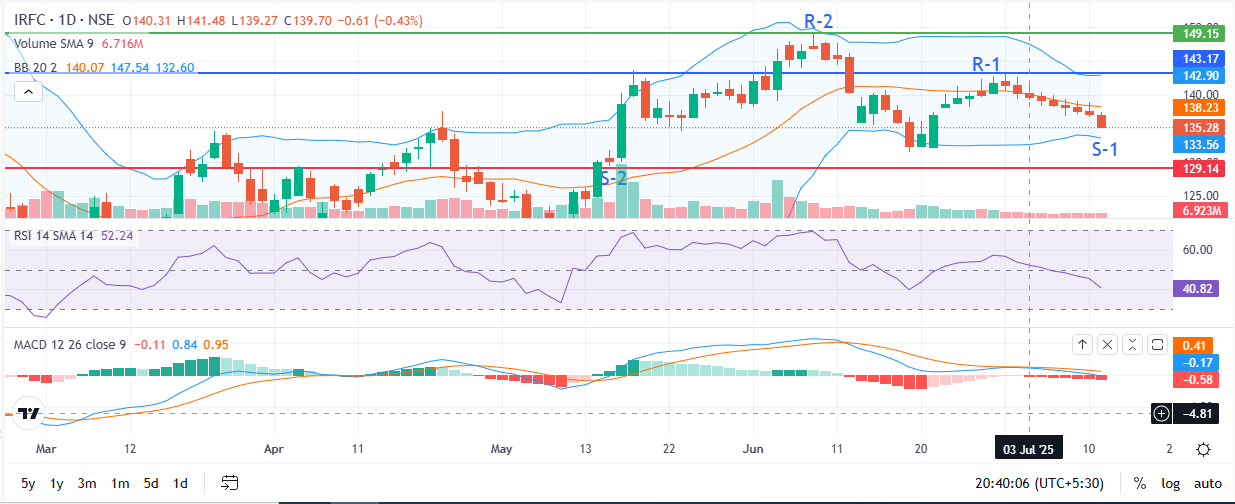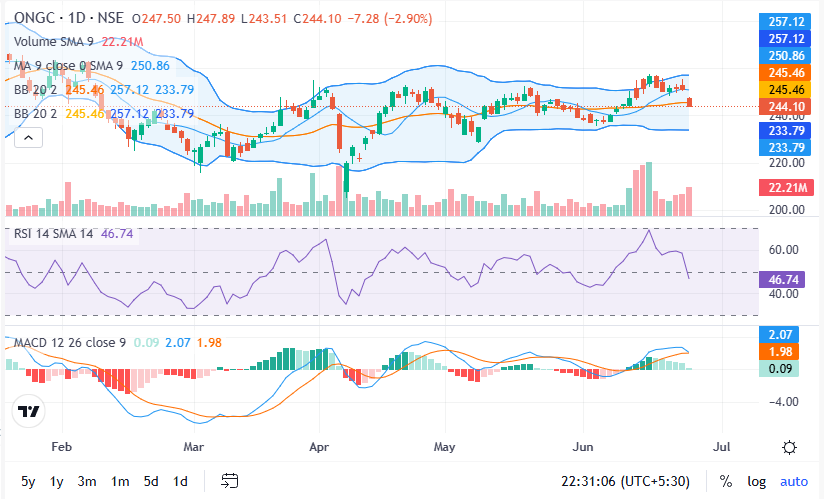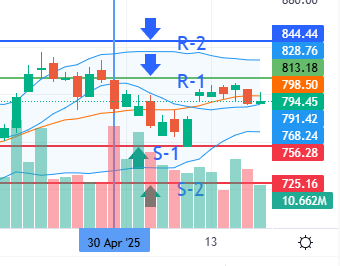The electric vehicle (EV) revolution in India is not just a pipe dream; it is already a reality. Over the next ten years, the EV market is expected to increase rapidly because of factors like rising fuel prices, government support, and growing awareness of sustainable mobility. This offers astute investors a thrilling chance to invest in the Indian stock market.
However, which businesses stand to gain the most from this electric boom? This article examines the leading stock holdings in the various industries propelling and benefiting from India’s electric vehicle shift.
Note: This is not advice on investments. Before making any investing decisions, please speak with an advisor who is registered with SEBI.
An Overview of India’s EV Environment
By 2030, the Indian government wants 30% of all vehicles on the road to be electrified. Initiatives such as the FAME II scheme (Faster Adoption and Manufacturing of Electric Vehicles), PLI programs for enhanced battery storage, and tax breaks for EV purchasers have been implemented to promote this goal.
Automakers are not the only ones experiencing this rise. The whole EV ecosystem stands to gain, including software developers, car ancillaries, battery manufacturers, and providers of charging infrastructure.
This opens options for investors that go beyond conventional auto equities.
Top EV Stocks to Keep an Eye on in India:
1. Tata Motors Ltd., Electric Passenger Vehicles
Why it’s important
With the Nexon EV driving the industry in terms of sales, Tata Motors is unquestionably a leader in India’s EV sector. The business has established a distinct EV subsidiary, Tata Passenger Electric Mobility, and has invested ₹15,000 crore over five years to develop EVs.
Finance tip: Although Tata Motors’ EV business is still in its infancy, early investors stand to gain a great deal as the market develops.
2. Batteries and Energy Storage Sector of Exide Industries Ltd.
Why it’s important
Exide is quickly switching to lithium-ion technology and is a heritage player in lead-acid batteries. It has teamed up with SVOLT Energy to construct a gigafactory in India that will serve the EV market directly.
Investment outlook: The foundation of the EV ecosystem is the production of batteries. If India’s EV story plays out as expected, long-term equity shares in Exide may yield encouraging returns.
3. Battery Solutions is the segment of Amara Raja Energy & Mobility Ltd.
Why it’s important
Amara Raja intends to construct a multi-GWh gigafactory in Telangana as part of its aggressive entry into the lithium-ion battery market. It is well-positioned to become a significant provider of EV batteries because of its robust R&D and current supply network.
Financial insight: It’s a prime illustration of a transition stock, moving from conventional cars to high-growth production focused on electric vehicles.
4. Tata Power Ltd. Sector: Infrastructure for EV Charging
Why it’s important
With more than 4,000 public chargers nationwide, Tata Power is already ahead of the curve in providing the charging stations that EVs require to thrive. Additionally, it is implementing EV charging systems for homes and businesses.
For investors that value dividends and long-term investment security and are searching for dependable companies that support EV infrastructure, the equity strategy is a smart choice.
5. Electric Two- and Three-Wheelers Greaves Cotton Ltd.
Why it’s important
Greaves Cotton is making great strides in the development of commercial EVs and reasonably priced electric scooters through its subsidiary Ampere Electric. The market for two-wheelers is essential to India’s adoption of EVs.
Risk-reward perspective: Although this mid-cap wager is more volatile, it has the potential to yield significant gains if the market conditions are favorable.
6. Category: Electric Commercial Vehicles Ashok Leyland Ltd.
Why it’s important
Ashok Leyland is concentrating on electric buses and light commercial vehicles through its EV division, Switch Mobility. This market has enormous development potential as public transportation transitions to electric vehicles.
Finance insight: Ashok Leyland provides a harmony between future-ready EV innovation and classic car strength.
7. Auto components division of Motherson Sumi Wiring India Ltd.
Why it’s important
Motherson Sumi, a major participant in the auto accessory market, provides wiring systems for hybrid and electric cars. It is anticipated that component manufacturers like these would experience strong order books as EV production increases.
Equity angle: Perfect for investors looking for a variety of revenue streams and indirect EV exposure.
8. Indian Oil Corporation Ltd. (IOC) Division: Charging & Battery Swapping
Why it’s important
IOC is introducing battery swapping for two- and three-wheelers and installing EV charging facilities at gas stations. Despite being an oil firm historically, it is making investments in sustainable energy.
Investment watch: An established player is now shifting toward energy transition, making it a hybrid bet.
How to Create an Investment Portfolio with an EV Theme
Many investors choose to use a thematic strategy instead of placing bets on a particular stock:
Core Holdings: Well-known companies such as Tata Power and Tata Motors
Growth Picks: Amara Raja or Greaves Cotton for more profits
Support Ecosystem: Manufacturers of batteries and suppliers of infrastructure for charging
Diversification: Include public sector players like IOC and auto ancillaries
Depending on your financial objectives, you can also look into mutual funds or exchange-traded funds (ETFs) that concentrate on sustainable energy or auto & mobility innovation.
Considerations for Risks
EVs have a bright future in India, yet there are risks involved:
Changes in policy or postponements of incentives
Increased rivalry and technological disruption
Bottlenecks in the supply chain and infrastructure
Lithium availability and pricing worldwide
It’s crucial to control exposure and avoid allocating all of your money to a single theme or industry, as is the case with all investments.
Concluding remarks
Although India’s EV journey is still in its infancy, the businesses that are constructing the infrastructure, providing the parts, and producing the cars are expected to experience rapid growth. The EV industry presents an engaging story for equity investors seeking long-term growth in line with global environmental trends.
Nonetheless, study, diversification, and patience should be the cornerstones of every financial decision, including buying EV-related stocks.
Disclaimer:
This is not advice on investments. A competent financial counselor should always be consulted before making an investment in any industry or business. Risks are associated with investments, and market circumstances are subject to change.
For more in-depth analysis of India’s changing stock market and new investment trends, stay tuned to NexGen Trade.




